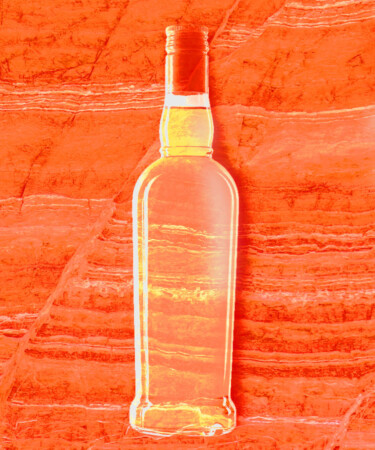With the ever-rising backlash against ultra-processed food and beverages, it seems like everyone is looking for unfiltered products these days. In categories like olive oil or, dare I say, natural wine, many argue that filtering a substance can remove unique characteristics from the final product. Similarly, certain whiskey enthusiasts prefer their beverages non-chill filtered, meaning they don’t go through the step of chill filtering that has essentially become the norm from most mass-produced brands.
Chill filtration is a little more intensive than just running the whiskey through a sifter — the process involves cooling the whiskey down to 32 degrees Fahrenheit or lower, which causes the sediment to clump together. The accumulated buildup is then filtered off, leaving the whiskey clear and without sediment. This process can apply to any whiskey, from bourbon, to Scotch, to Japanese whisky.
Many believe that the transparent and uniform look of the whiskey in the bottle is more appealing to customers than leaving in the substances that can create a hazy appearance, and several producers also maintain that the chill-filtration process makes the product more shelf-stable.
Others, like Scotch whisky producer Compass Box, prefer to forgo the chill-filtering process, citing that it can strip the complex intricacies from the beverage. James Saxon, lead whisky maker for Compass Box, notes that the chill-filtration process removes long-chain fatty acids, which admittedly are “not in themselves especially flavorful, so we wouldn’t say that particular flavors disappear when chill filtering occurs.” Rather, Saxon says he believes that those fatty acids contribute hugely to mouthfeel. “They tend to make a whisky rounder, deeper, more satisfying, boosting the richness of the notes that are there,” he explains. Therefore, Compass Box produces an extensive line of whiskies, all of which Saxon says are non-chill filtered to “retain mouthfeel and more of the whisky’s inherent character.”
“In the way that I love my music out of a good sound system versus earphones and my food with all the fat it should have in it, I prefer my whisky non-chill filtered,” adds Saxon. To see the impact of chill filtration for yourself, pick up a couple of bottles to compare the chill-filtered to non-chill-filtered whiskies and note the differences between the two.
